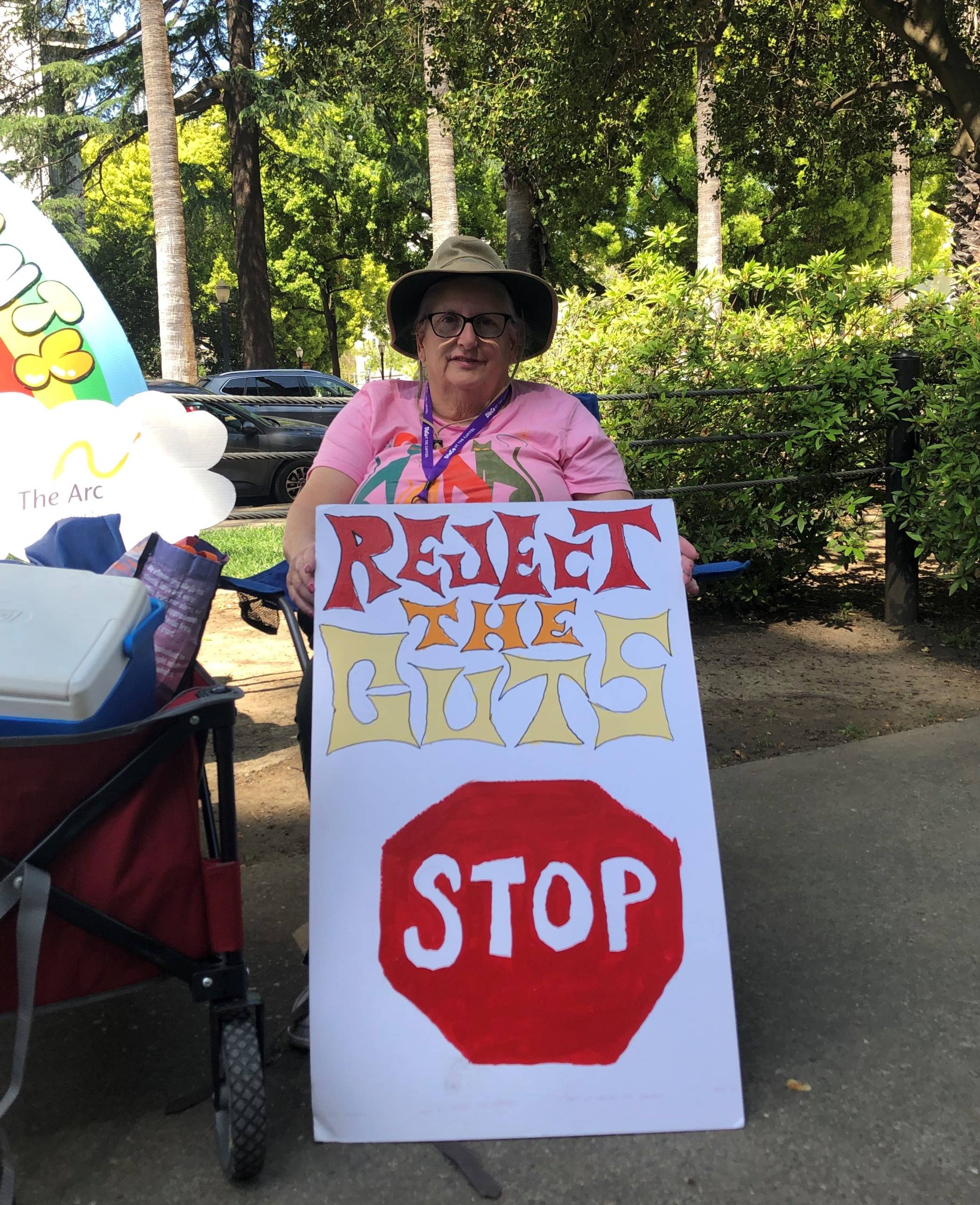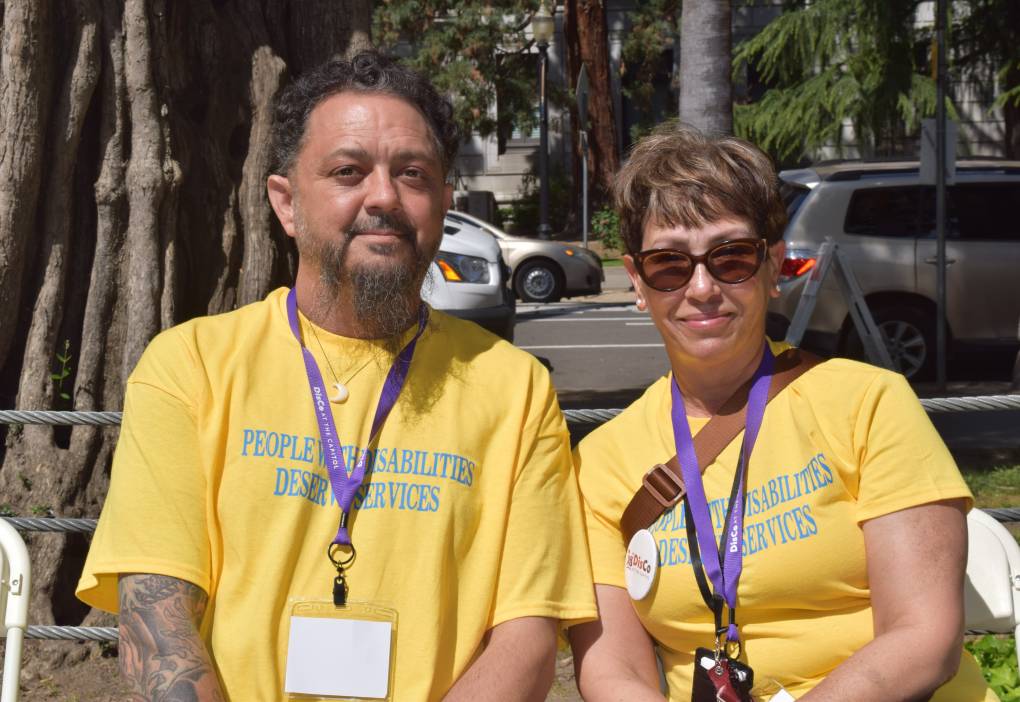The state has paid out about half the total so far, mostly in wage and benefit hikes, and workers had been expecting another $2 to $4 an hour increase in July before Newsom proposed the delay.
The nonprofits also say California has become more competitive for workers after raising wages in other service and health care industries. Newsom approved a $20 minimum wage increase for fast-food workers that took effect in April, and last year began reaching agreements with unions and hospitals to raise health care workers’ hourly wages to a minimum of $25.
Ricardo Zegli said Taco Bell would pay him more than the $19 an hour he makes as a disability caregiver in an administrative role.
“Every payday, we have discussions at home about which bills to prioritize and whether it’s time to start looking for a better-paying job,” said Zegli, who also works a side job as a musician in the San Francisco Bay Area.
 Gov. Gavin Newsom has proposed postponing wage increases for disability care workers, but advocates warn it could lead to increased turnover and vacancies, leaving thousands of people with disabilities without access to vital services in their homes and residential facilities. (Vanessa G. Sanchez/KFF Health News)
Gov. Gavin Newsom has proposed postponing wage increases for disability care workers, but advocates warn it could lead to increased turnover and vacancies, leaving thousands of people with disabilities without access to vital services in their homes and residential facilities. (Vanessa G. Sanchez/KFF Health News)
Governor Newsom wants to preserve key health care initiatives, including the state’s expansion of Medicare to low-income immigrants regardless of legal status and CalAIM, an ambitious $12 billion experiment that turns Medicare into both a health insurer and a social service provider. But deferring the fee for providing disability care would be the biggest savings in the Department of Health and Human Services budget as Governor Newsom and legislative leaders consider cutting, deferring and shifting funding to close a deficit estimated at $38 billion to $73 billion.
Dozens of lawmakers from both parties are urging Newsom and legislative leaders to keep the pay raises in place. Assemblywoman Stephanie Nguyen, a Democrat from Elk Grove, signed a letter in support of the raises. Lawmakers are negotiating with the administration, but Nguyen said they’re unlikely to reverse the decision to postpone the raises. “Everybody has to take a hit somewhere,” Nguyen said.
The state will lose federal funding this year but will resume drawing funds when the program reopens in 2025, said Christine McComb, a spokeswoman for the Department of Developmental Services.
The ministry did not respond to questions about how it plans to retain workers and fill vacancies.
Newsom’s proposal could undermine the disability services system, violate the Lanterman Act and open the state to lawsuits, said Jordan Lindsay, executive director of the Arc of California, a statewide disability advocacy group.
Families say the state is already failing to provide the services they need. Strickland, the Santa Barbara resident’s mother, said she quit her job to care for Lily. “You can’t expect someone to care for someone 24 hours a day, seven days a week,” she said.
Lily graduated from high school and completed a program in 2022 that prepares young people with disabilities to transition into adult life. She had been looking forward to attending a day program to make new friends, but there are no spaces available yet. And because of staffing shortages, Lily can only spend four hours a week at home with a caregiver who makes about $16 an hour.
When Lily is with a provider, her attitude changes to the happy person she was before, Strickland said.
“The system is already in crisis,” she said. “There’s a ton of people sitting at home because they have nowhere to go.”
KFF Health News is a national newsroom producing in-depth journalism on health issues and is one of the core operating programs of KFF, an independent source of health policy research, polling and journalism. Learn more about KFF here.

